What Happens in the Iphigenia?

Euripides’s Iphigenia in Aulis is a profound exploration of the human psyche, delving into themes of sacrifice, patriarchy, the nature of free will, and the complex dynamics of family and society. By examining this ancient tragedy through the lens of Jungian archetypes and depth psychology, we can uncover deep insights into the nature of the self, the influence of collective expectations, and the transformative potential of sacrifice.
I. Summary of Iphigenia in Aulis
The play is set in Aulis, where the Greek fleet is preparing to set sail for Troy. However, the winds have ceased, and the seer Calchas reveals that this is because Agamemnon, the leader of the Greeks, has offended the goddess Artemis. To appease her and allow the fleet to sail, Agamemnon must sacrifice his daughter, Iphigenia.
Agamemnon initially sends a message to his wife Clytemnestra, telling her to bring Iphigenia to Aulis under the pretext of marrying her to Achilles. However, he later regrets this decision and sends a second message telling them not to come. This message is intercepted by Menelaus, Agamemnon’s brother.
Iphigenia and Clytemnestra arrive in Aulis, where they learn the truth about the planned sacrifice. Iphigenia is initially distraught, but then decides to accept her fate for the good of Greece. As she is about to be sacrificed, Artemis intervenes, substituting a deer in her place and taking Iphigenia to serve as her priestess.
II. Archetypal Figures in Iphigenia in Aulis
Iphigenia:
The Sacrificial Maiden Iphigenia embodies the archetype of the Sacrificial Maiden. Her willingness to die for the collective good represents the sacrificial impulse, the willingness to surrender the individual for the sake of the community. Her transformation at the end of the play also suggests the potential for sacrifice to lead to transcendence and rebirth.
Agamemnon:
The Conflicted Patriarch Agamemnon represents the Conflicted Patriarch – torn between his love for his daughter and his duty as a leader. His decision to sacrifice Iphigenia highlights the cruel demands that patriarchal systems can place on individuals, particularly women.
Clytemnestra:
The Grieving Mother Clytemnestra embodies the archetype of the Grieving Mother. Her fierce love for her daughter and her anger at Agamemnon’s betrayal represent the maternal instinct and the pain of loss. Her character foreshadows her later actions in Aeschylus’s Oresteia, where she kills Agamemnon in revenge for Iphigenia’s sacrifice.
III. Sacrifice and the Collective
At the heart of Iphigenia in Aulis is the theme of sacrifice for the collective good. Iphigenia’s willingness to die so that the Greek fleet can sail to Troy represents the subordination of the individual to the needs of the community. The play raises complex questions about the nature of this sacrifice – is it a noble act or a cruel demand?
IV. Patriarchy and Women’s Agency
The play also explores the dynamics of patriarchy and women’s agency. Iphigenia and Clytemnestra are both, in different ways, victims of a patriarchal system that demands women’s sacrifice for male goals. However, Iphigenia’s decision to accept her fate can also be seen as an assertion of agency, a choice to find meaning and nobility in her death.
V. The Nature of Free Will
Iphigenia’s decision to die raises profound questions about the nature of free will. Is her choice truly free, or is it constrained by the expectations and demands of her society? The play suggests that human agency is always exercised within a context of social and cultural forces that shape and limit our choices.
VI. Psychological and Societal Implications
The Burden of Expectation
Iphigenia’s story illustrates the psychological burden of societal expectations, particularly for women. Her initial distress and eventual acceptance of her fate highlight the ways in which individuals internalize and cope with the demands placed on them by their communities.
The Trauma of Patriarchy
The play also depicts the traumatic effects of patriarchal systems on both women and men. Clytemnestra’s grief and rage, and Agamemnon’s conflicted anguish, suggest the psychological toll exacted by a system that demands the sacrifice of human feeling to abstract ideals.
The Transformative Potential of Sacrifice
Iphigenia’s transformation at the end of the play, her substitution by Artemis, suggests the potentially transformative power of sacrifice. While the demand for her death is cruel, her willingness to accept it leads to a kind of transcendence and rebirth. This suggests that even the most painful experiences can hold the potential for growth and change.
Read About Other Classical Greek Plays and Their Influence on Depth Psychology
Classical Literature
Iphigenia in Aulis



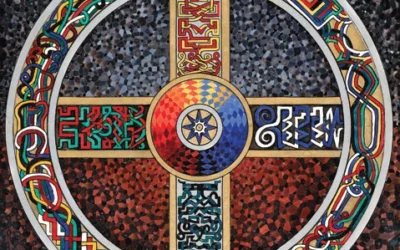
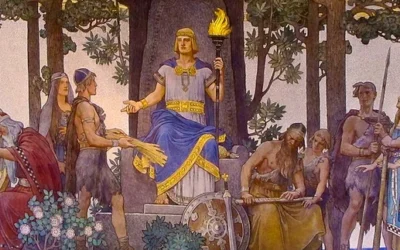


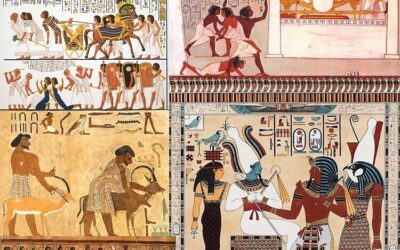
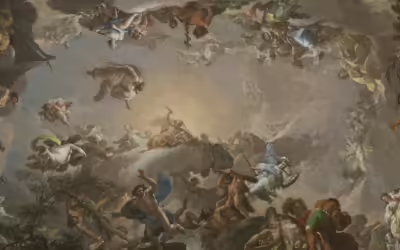



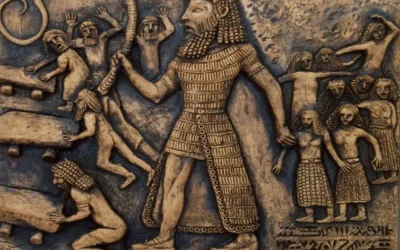
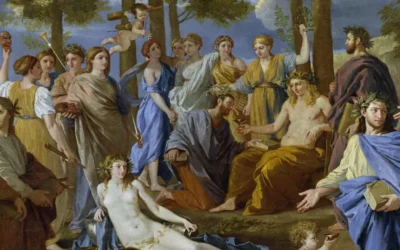
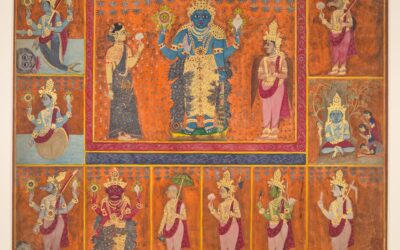
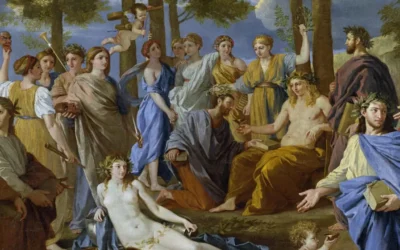
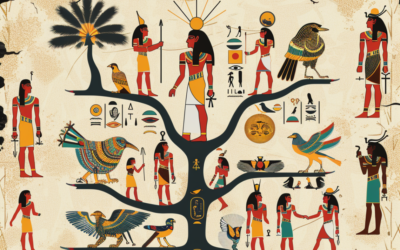
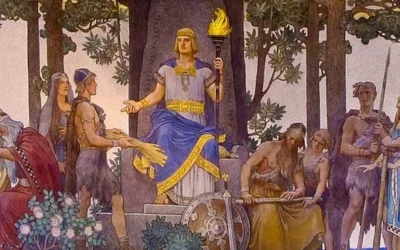





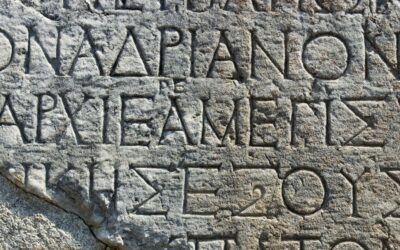

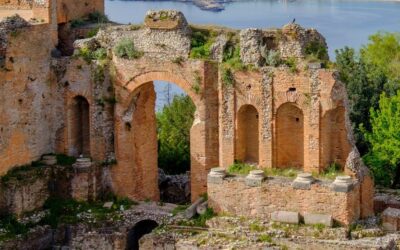
0 Comments